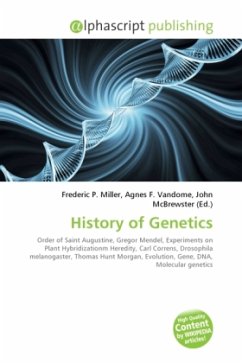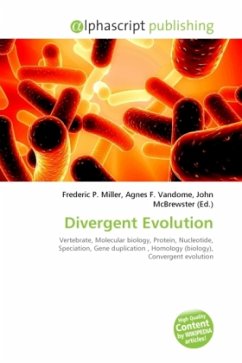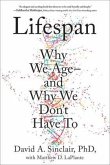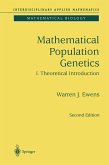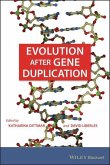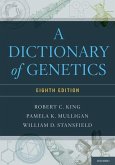The history of genetics is generally held to have started with the work of an Augustinian friar, Gregor Mendel. His work on pea plants, published in 1866, described what came to be known as Mendelian Inheritance. In the centuries before and for several decades after Mendel's work, a wide variety of theories of heredity proliferated (see below). 1900 marked the "rediscovery of Mendel" by Hugo de Vries, Carl Correns and Erich von Tschermak, and by 1915 the basic principles of Mendelian genetics had been applied to a wide variety of organisms most notably the fruit fly Drosophila melanogaster. Led by Thomas Hunt Morgan and his fellow "drosophilists", geneticists developed the Mendelian-chromosome theory of heredity, which was widely accepted by 1925. Alongside experimental work, mathematicians developed the statistical framework of population genetics, bring genetical explanations into the study of evolution.
Bitte wählen Sie Ihr Anliegen aus.
Rechnungen
Retourenschein anfordern
Bestellstatus
Storno

